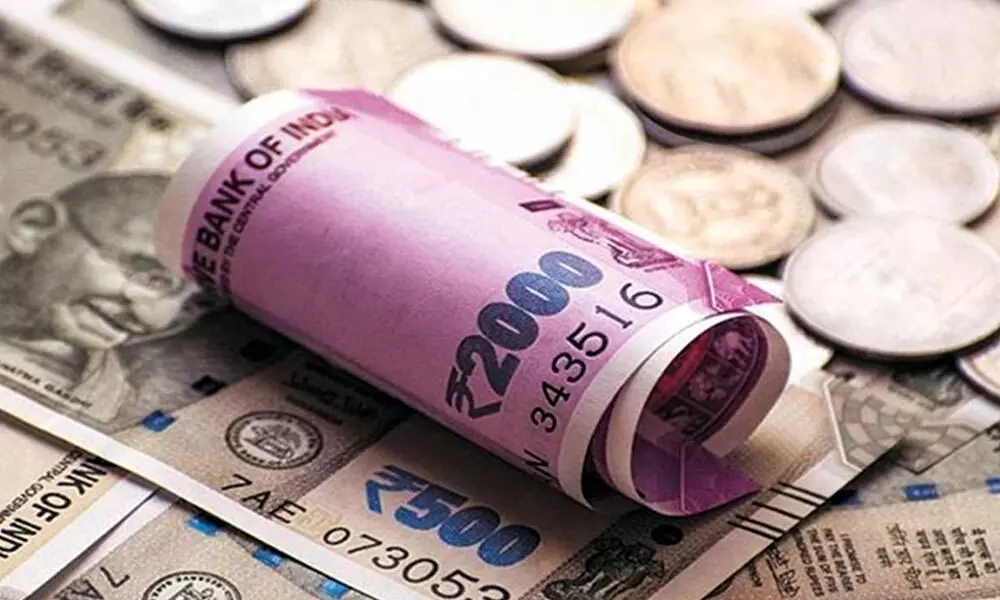Govt takes back its decision to cut interest rate on small savings
Immediately after declaring the reduction in small savings' interest rates, the government had to take back its decision.
image for illustrative purpose

Mumbai, Apr 01 Immediately after declaring the reduction in small savings' interest rates, the government had to take back its decision.
The experts say that the reason behind the reversal of decision may be the ongoing elections in West Bengal and Assam. Though there was no official information about it.
The Finance Ministry on Wednesday announced a cut in small savings deposit rates from 4 per cent to 3.5 per cent for the first quarter of the financial year, starting April 1. This was the second time the Centre had cut interest rates on small savings schemes in the past one year. In the April-June quarter of 2020-21, the government had slashed rates of small savings schemes by 70-140 bps.
According to the government's earlier notification, the rates of small savings schemes have been reduced by 50-100 basis points for April-June quarter of the financial year 2021-22. 'From 1 April, Public Provident Fund (PPF) will get an interest rate of 6.4 per cent. The interest for National Savings Certificate (NSC) have been reduced to 5.9 per cent. Among other small savings scheme, the Sukanya Samriddhi Yojana will fetch the interest rate of 6.9 per cent as well,' said the circular.
Similarly, the interest rate had been reduced on a host of other small savings which were later withdrawn by the government.
Commenting on it, Abhishek Aneja, a New Delhi-based CA and I-T expert said, "The decision to cut the interest rates for schemes like PPF, KVP, Sukanya Samridhi and senior citizen savings scheme could have gone wrong particularly in election season."
Most of these saving schemes are used by middle class families as savings for retirement and for education/ marriage of their children and any such reduction is going to reduce the amount available at the time of maturity for the desired investment objective, he said.
According to Aneja, "Such a reduction will also discourage the habit of savings especially amongst the youth due to low rates of return. And it's good that this decision has been taken back."
However, bankers and economists see it with different perspective.
M Narendra, former CMD of Indian Overseas Bank says that at present the core inflation is still showing more than the RBI's target of 4 per cent. Moreover, people in the country are already infested with Covid, hence they must be given positive return on the savings from their hard-earned money. The government also utilises this money for infrastructure development of the country and hence the decision of withdrawal comes at a right time, he said.
Not to mention that interest rates for small savings schemes are generally reviewed and notified by the finance ministry on a quarterly basis.
Arun Kumar, a noted economist from New Delhi says that the original order must have been deliberated and thought through. The withdrawal is likely due to ongoing elections. Just like cut in petroleum products prices.
However, he is of the view that it is likely to be implemented soon after elections.
"So, we cannot think that the savers have been saved," he says.
The idea underlying the original decision must be to push savers to the unstable stock markets to benefit corporates. But if demand does not increase, a cut in interest rate will not boost investment. Country will lose in both respects, he said.

